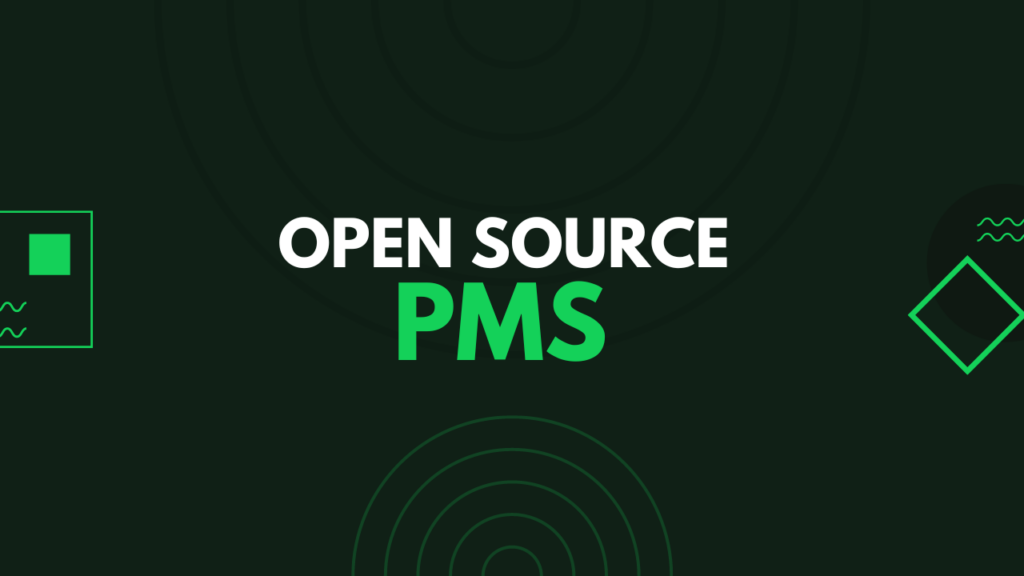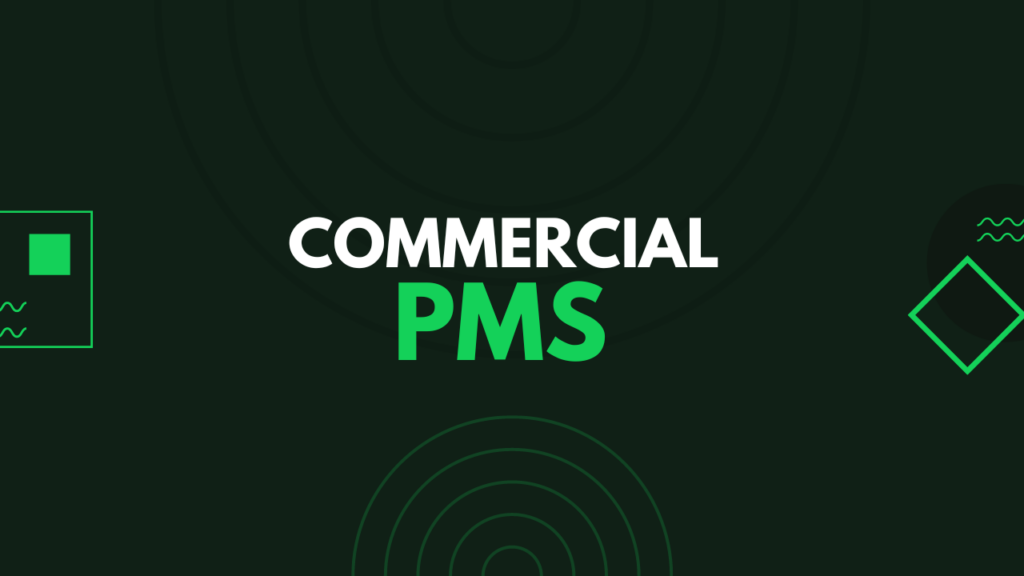In the realm of property management systems (PMS), businesses face a crucial decision: open-source PMS or commercial PMS? This choice impacts efficiency, scalability, and success. To make an informed decision, understand the differences and benefits of each. Consider minical.io, a powerful open-source PMS. It offers flexibility, customization, access to source code, and community support. Commercial PMS provides ease of implementation, vendor support, and industry-specific features. Evaluate specific needs to determine the best fit. Thoroughly assessing options ensures efficient and successful property management operations.

Open-source PMS is a type of property management system that is built on open-source software. It allows users to access, modify, and redistribute the source code, offering unparalleled flexibility and freedom. Businesses that opt for an open-source PMS benefit from the collective efforts of a global community of developers and users who continuously contribute to its improvement.
The Advantages of Open Source PMS
- Cost-effectiveness: One of the most significant advantages of open-source PMS is its cost-effectiveness. As it is freely available, businesses can save substantial upfront costs associated with proprietary software licenses.
- Customizability: With open-source PMS, businesses have the freedom to tailor the system according to their unique requirements. They can modify the source code, add or remove features, and integrate it seamlessly with their existing software ecosystem.
- Community support: Open-source software benefits from a vast and active community of developers and users who provide support, troubleshooting, and ongoing development. This collaborative environment ensures quick bug fixes, regular updates, and a constant evolution of the system.
The Drawbacks of Open Source PMS
- Technical expertise: Implementing and maintaining an open-source PMS requires a certain level of technical expertise. Businesses need skilled professionals who are well-versed in the programming languages and frameworks used by the system.
- Limited vendor support: While the community support for open-source PMS is excellent, businesses may face challenges when it comes to obtaining dedicated vendor support. This lack of direct accountability can sometimes lead to slower response times for critical issues.

Commercial PMS, on the other hand, is a proprietary property management system offered by a specific vendor or company. It is designed, developed, and maintained by a dedicated team, providing businesses with a comprehensive, turnkey solution for their property management needs.
The Advantages of Commercial PMS
- Ease of implementation: Commercial PMS solutions often come with a user-friendly interface and a streamlined setup process. Businesses can quickly get up and running, minimizing the time and effort required for implementation.
- Dedicated vendor support: Choosing a commercial PMS means having direct access to vendor support. Businesses can rely on a dedicated team to provide assistance, address concerns, and ensure smooth operations.
- Industry-specific features: Commercial PMS solutions are typically designed to cater to specific industries and niches. They offer advanced features and functionalities tailored to the unique requirements of property management, providing businesses with a comprehensive suite of tools.
The Drawbacks of Commercial PMS
- Higher costs: Commercial PMS solutions often come with licensing fees, maintenance costs, and ongoing subscription charges. For small businesses or startups with limited budgets, this financial commitment can be a significant consideration.
- Limited customization: Unlike open-source PMS, commercial solutions may have limited customization options. Businesses may need to adapt their processes to fit within the framework provided by the system.
Choosing the Best Solution for Your Business
When it comes to choosing between open-source PMS and commercial PMS, there is no one-size-fits-all answer. The decision depends on various factors, including the size and nature of your business, budgetary constraints, technical capabilities, and specific requirements.
To make an informed choice, consider the following steps:
- Evaluate your business needs: Begin by assessing your business requirements, both in terms of the scale of operations and the desired functionalities. Identify the critical features you need from a PMS and prioritize them according to your business goals.
- Consider your budget: Carefully evaluate your budget and determine the financial resources available for investing in a PMS. Factor in both the upfront costs and the long-term maintenance expenses associated with each option.
- Assess technical capabilities: Assess the technical expertise within your organization and determine if you have the necessary skills to implement and maintain an open-source PMS. If not, consider the level of support you would require from a commercial PMS vendor.
- Seek recommendations and reviews: Research and gather insights from industry experts, peers, and online forums to understand their experiences with different PMS solutions. Consider their recommendations and assess the reputation and reliability of potential vendors.
- Request demos and trials: Contact vendors of both open-source and commercial PMS solutions to request demos and trials. This hands-on experience will help you evaluate the usability, features, and overall fit of each system with your business requirements.
Conclusion
In conclusion, choosing the best PMS solution for your business requires careful consideration of your unique needs, technical capabilities, and budgetary constraints. Open-source PMS offers cost-effectiveness and customizability but requires technical expertise, while commercial PMS provides ease of implementation, dedicated support, and industry-specific features but comes with higher costs. By following the steps outlined in this article, you can make an informed decision that aligns with your business goals and sets you on the path to success in the world of property management.
Leave a Reply